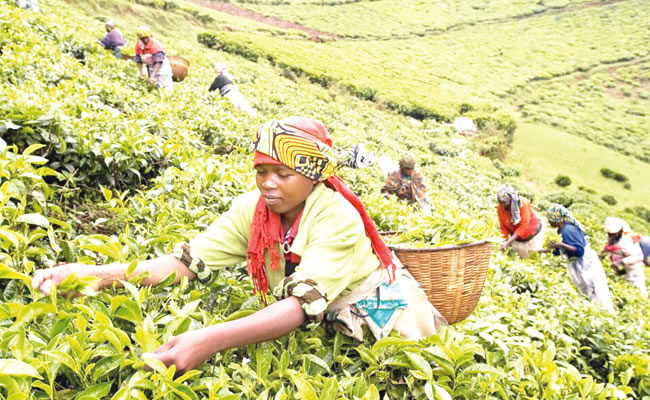
THE Minister of Agriculture and Rural Development (FMARD), Dr. Mohammad Abubakar, has said that the Federal Government has given 17 silos with 6,000 metric tonnes storage capacity to the private sector in a bid to tackle post-harvest losses of food produced.He stated this while speaking at the second West and Central Africa Post-Harvest Congress and Exhibition (WCAPHCE) in Lagos.
He also said that the Federal Government has established green aggregation centres that will clean, dry, process and bag finished products, stressing that this was part of the strategies the government is working on to ensure food security for Nigeria and Africa.

He said the responsibility of the government is to provide an enabling environment for the private sector to drive the economy.
According to him, the green aggregation centres established by the government will enable farmers to clean and dry their agricultural produce during harvest to reduce post-harvest losses, while also adding to the value chain.
Abubakar noted that the concessioned 17 silos with 6,000 metric tonnes storage capacity was to enable local farmers to have access to storage facilities.
“The major problem being faced by farmers in the country is post-harvest losses as a result of transportation, lack of equipment that can add value to what is produced, and lack of storage facilities.
“In addressing this problem, the federal government has concession 17 silos with 6000 metric tonne storage space to the private sector and also established green aggregation centres that will clean, dry, process and bag our finished products.
“This will attract over N18 billion to the economy. The responsibility of the government is to provide an enabling environment for the private sector to drive the economy.”
Meanwhile, the Federal Government lamented that over 30 percent of food produced in Nigeria every year is challenged by post-harvest losses due to inadequate storage facilities, transportation and lack of equipment.
In the same vein, President Muhammadu Buhari has also said the focus on the agricultural sector places Nigeria in a better position to handle the systemic shock caused by both COVID-19 and the Russia-Ukraine war on global food supply.
He said the revolution in the sector has improved the country’s capacity and efficiency in increasing and maximising production and post-harvest losses.
“The non-oil sector remains the future of our economy and I hope successive governments will consolidate on the gains we have recorded under my leadership.
“You will agree with me that the Russia-Ukraine war has compelled many economies to carry out reforms and re-adjust policies to cope with the challenges posed by the conflict.”
ALSO READ FROM NIGERIAN TRIBUNE








